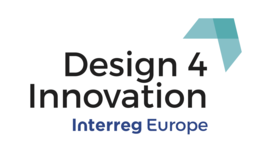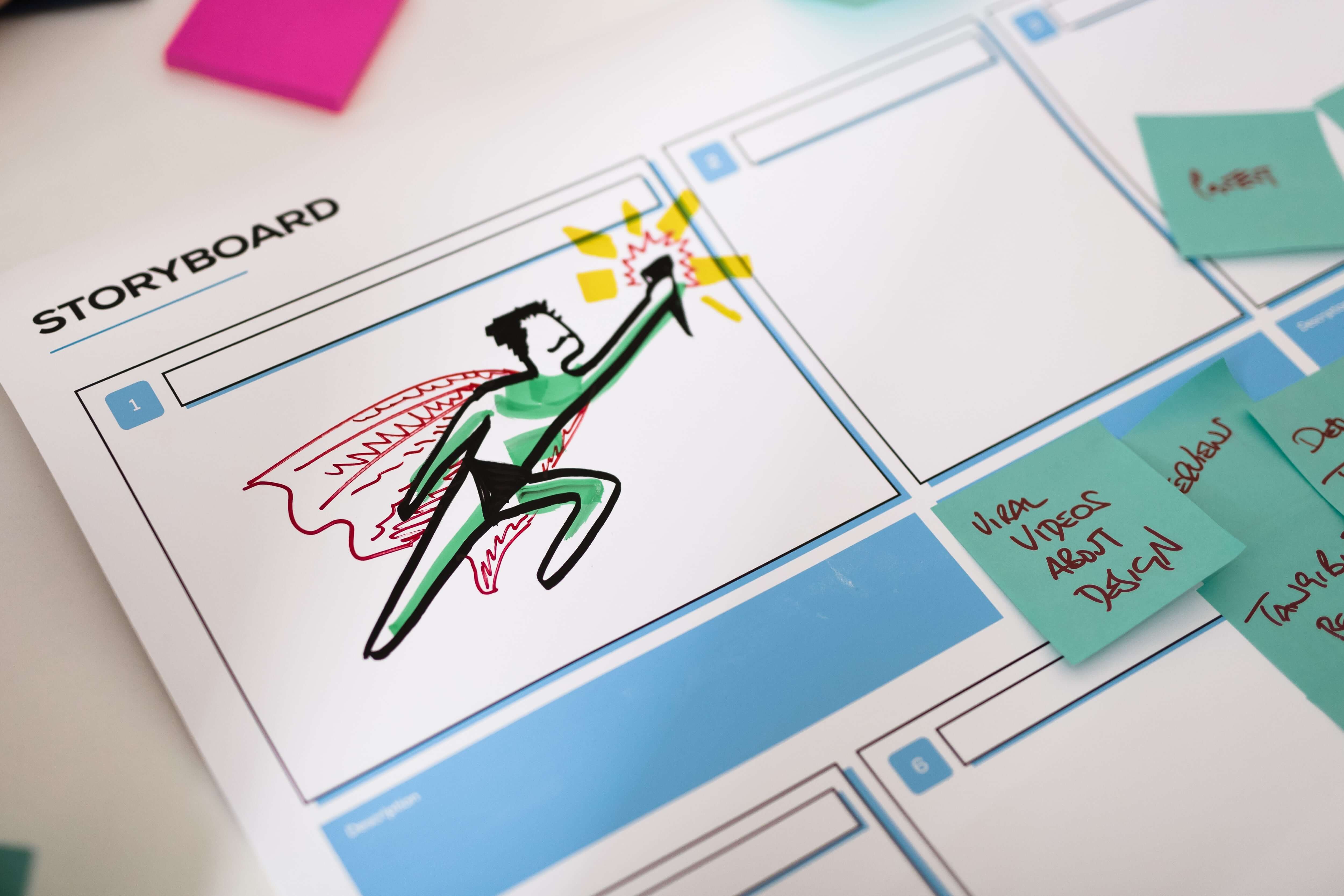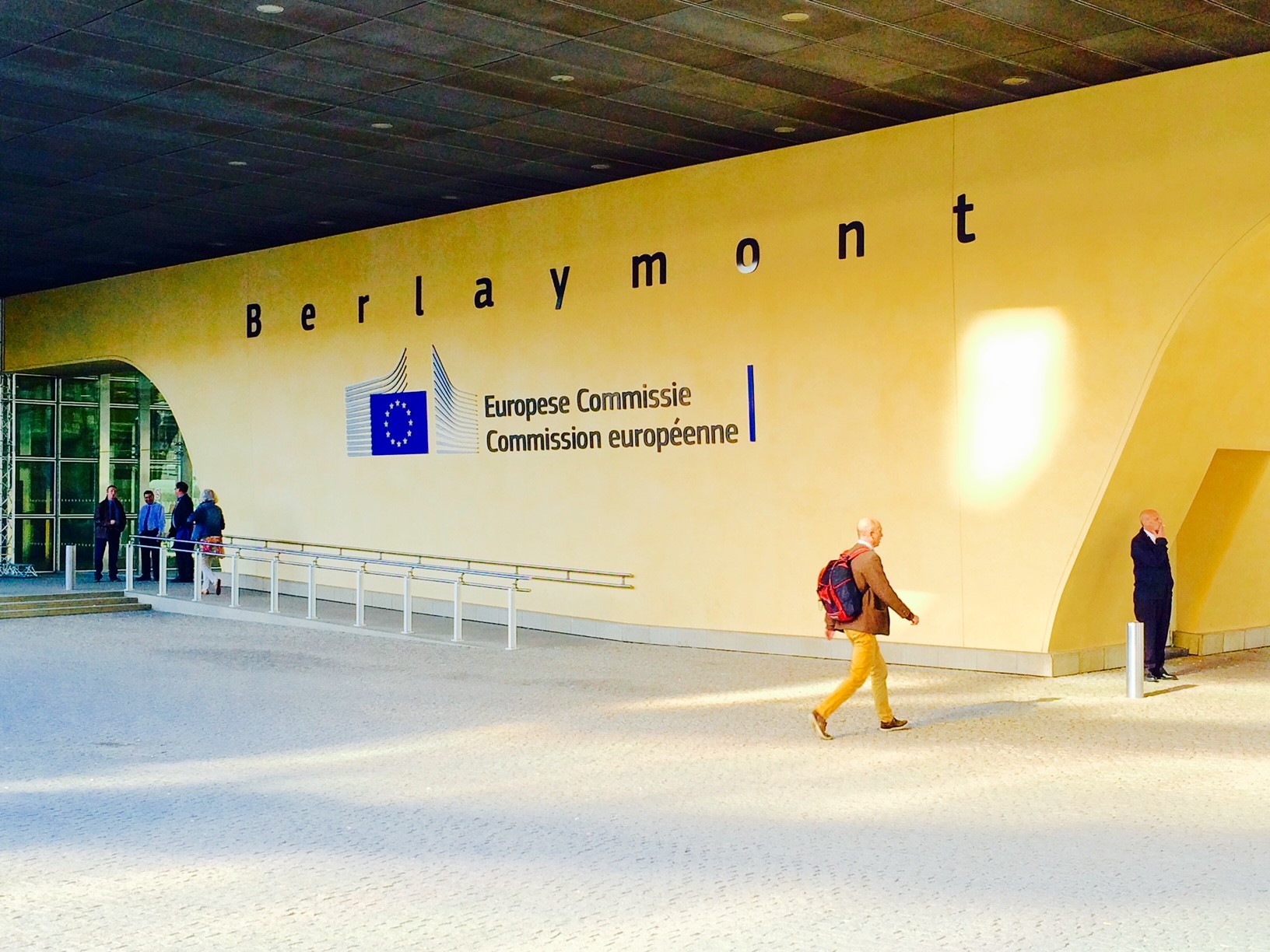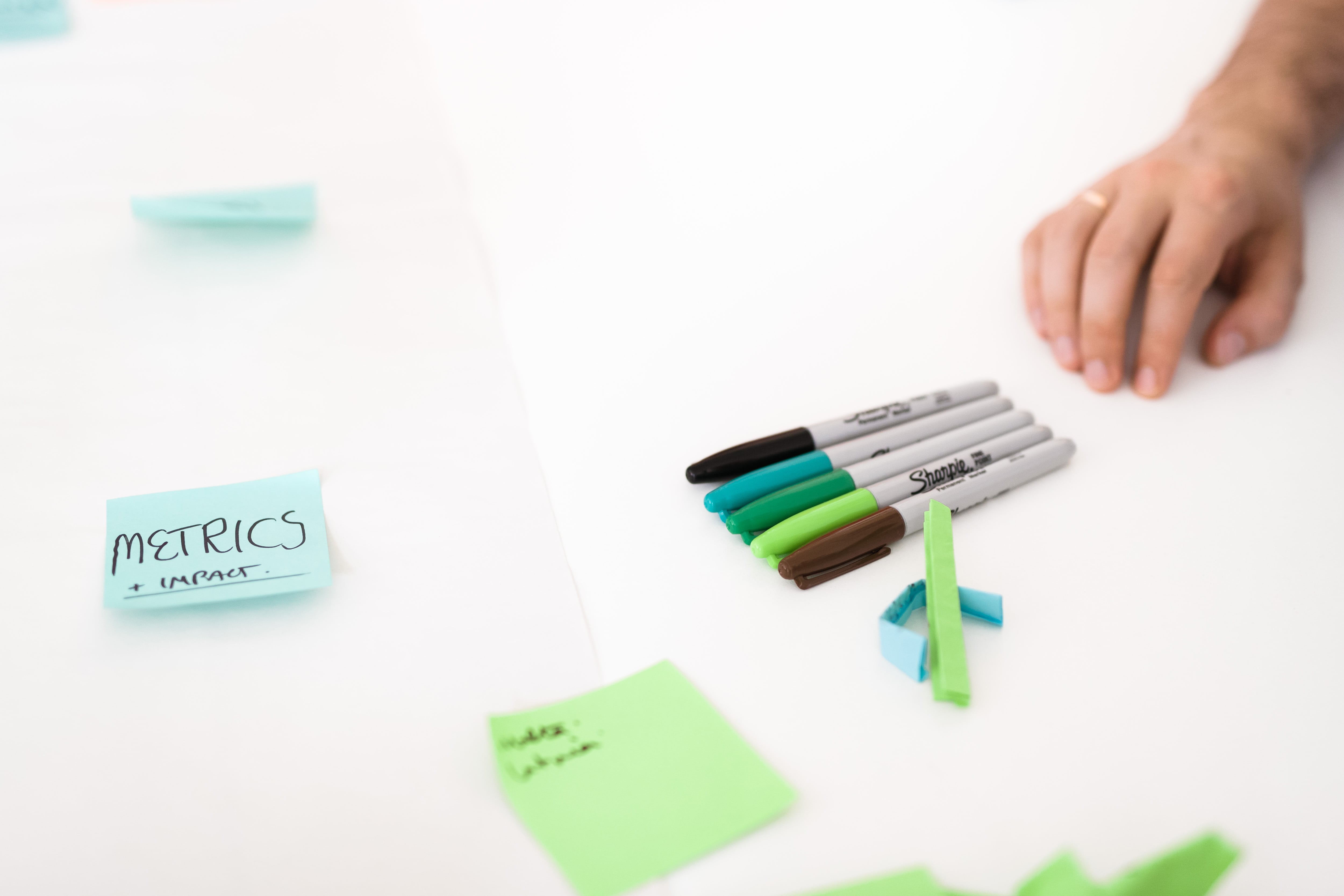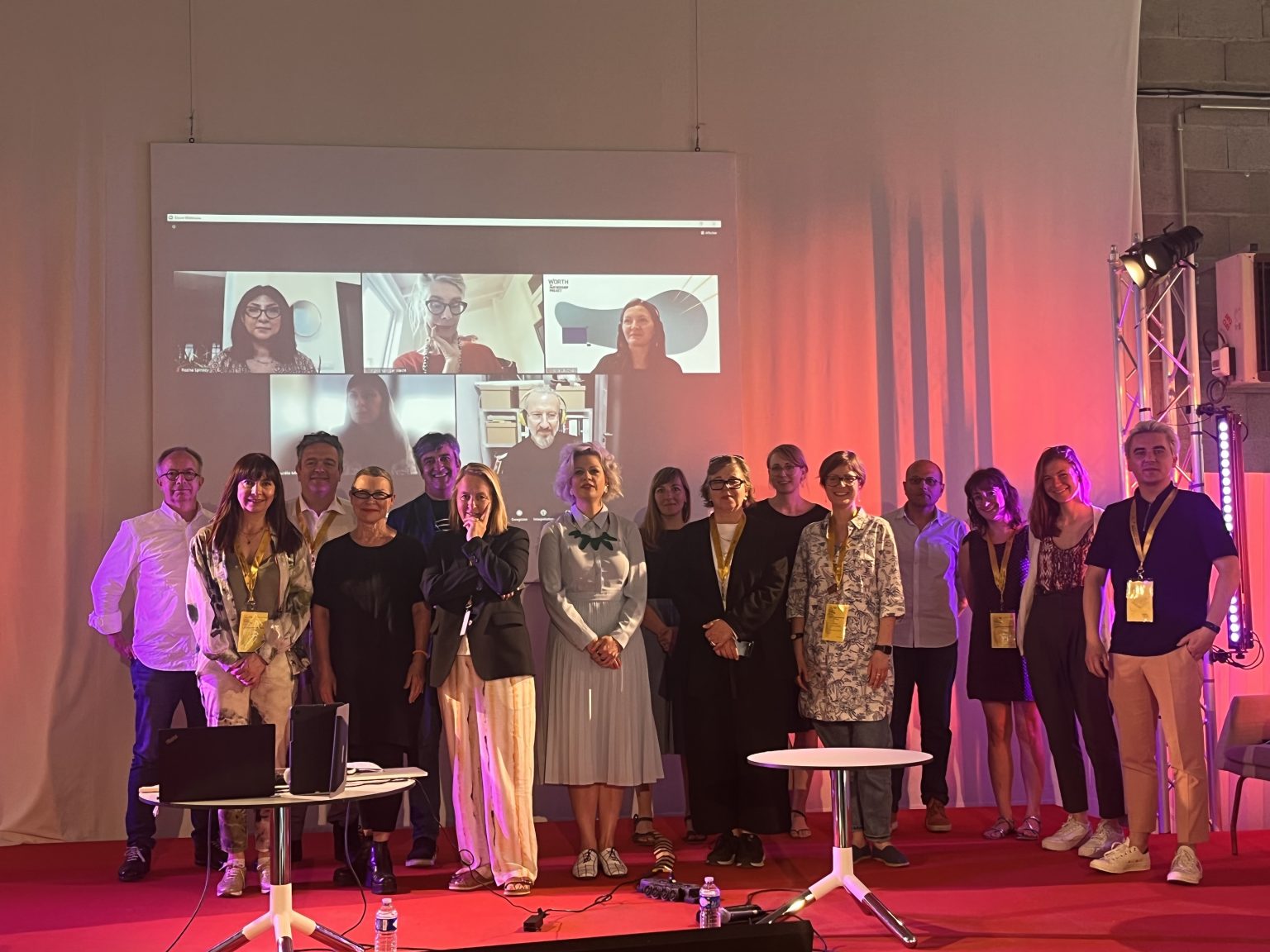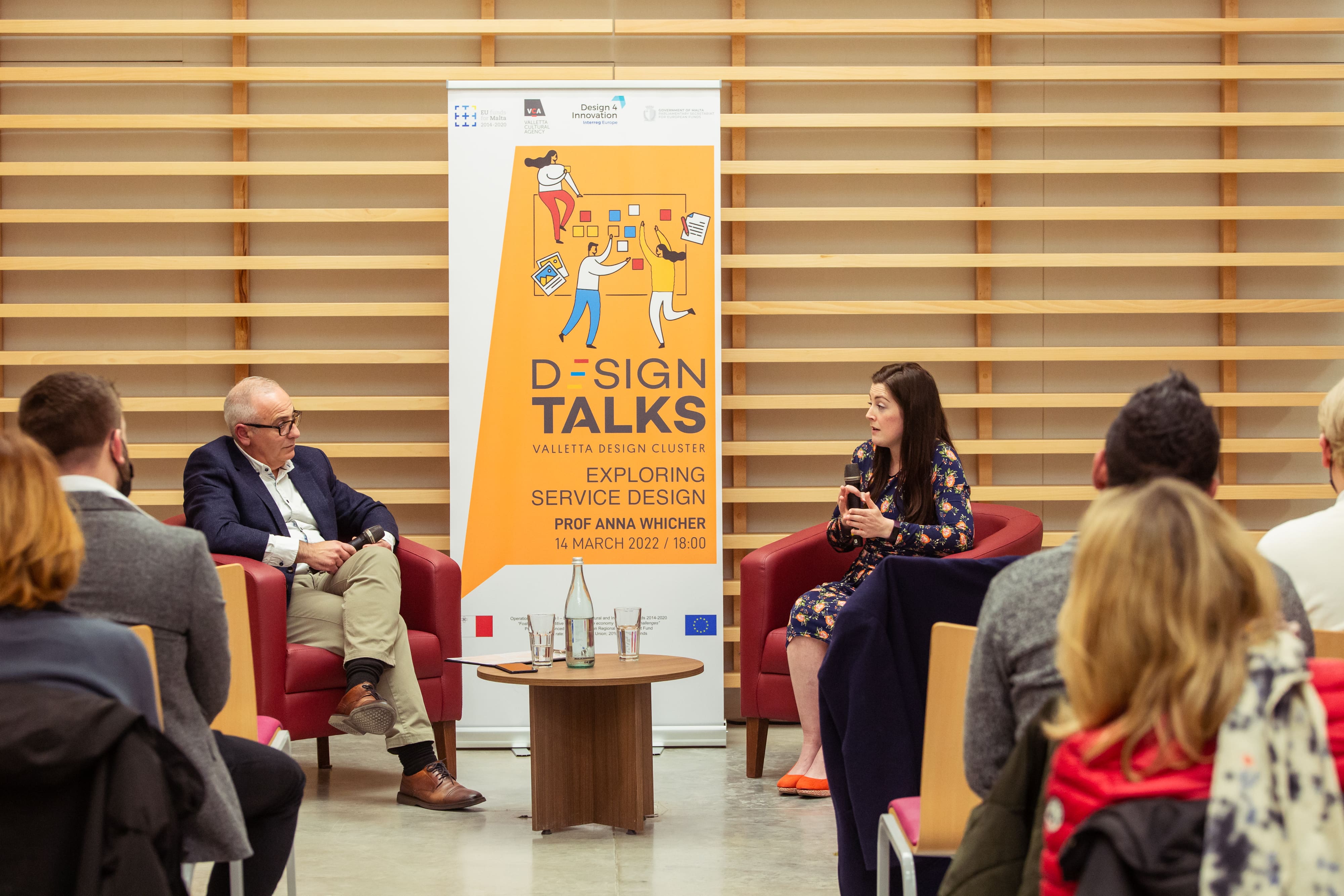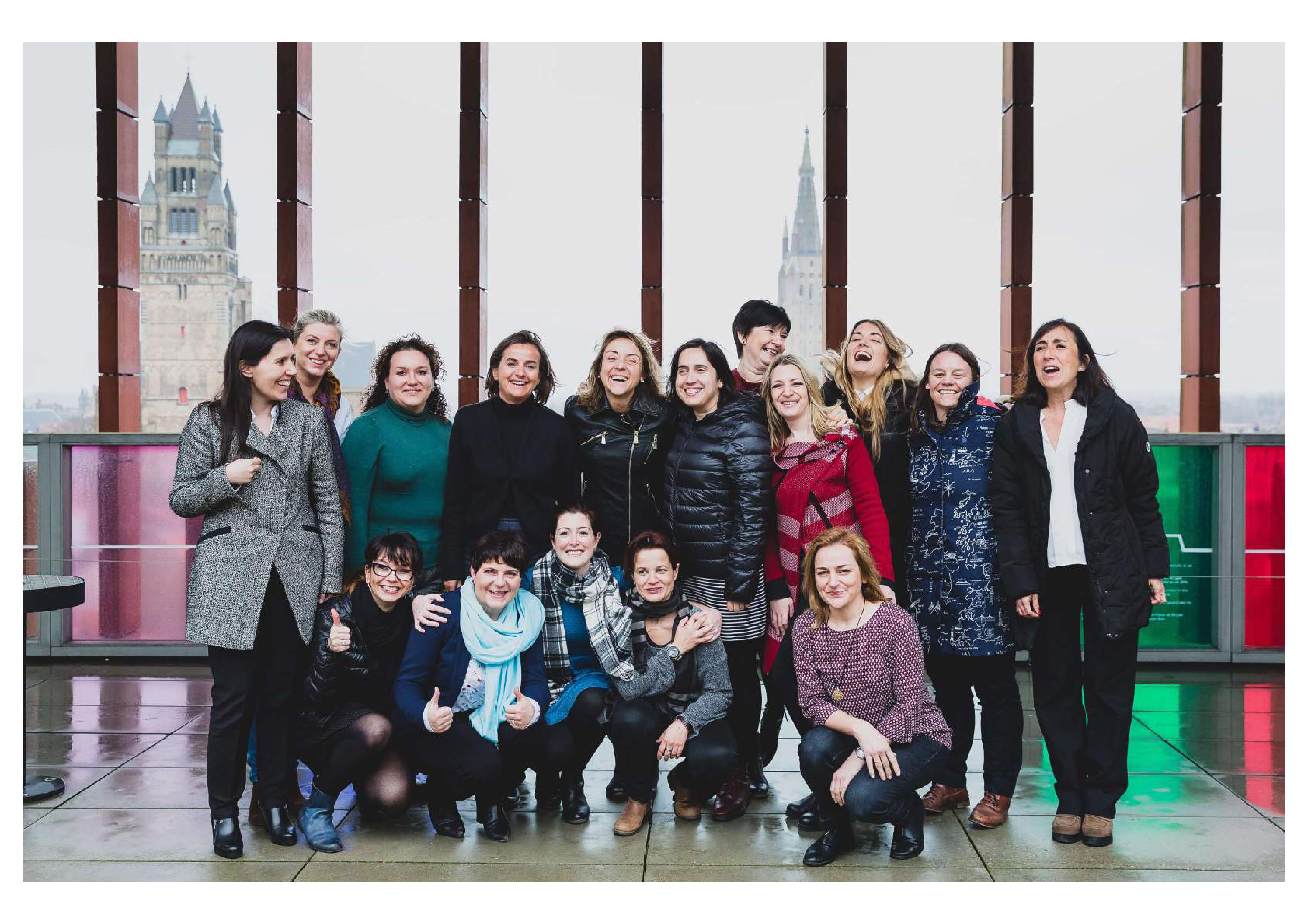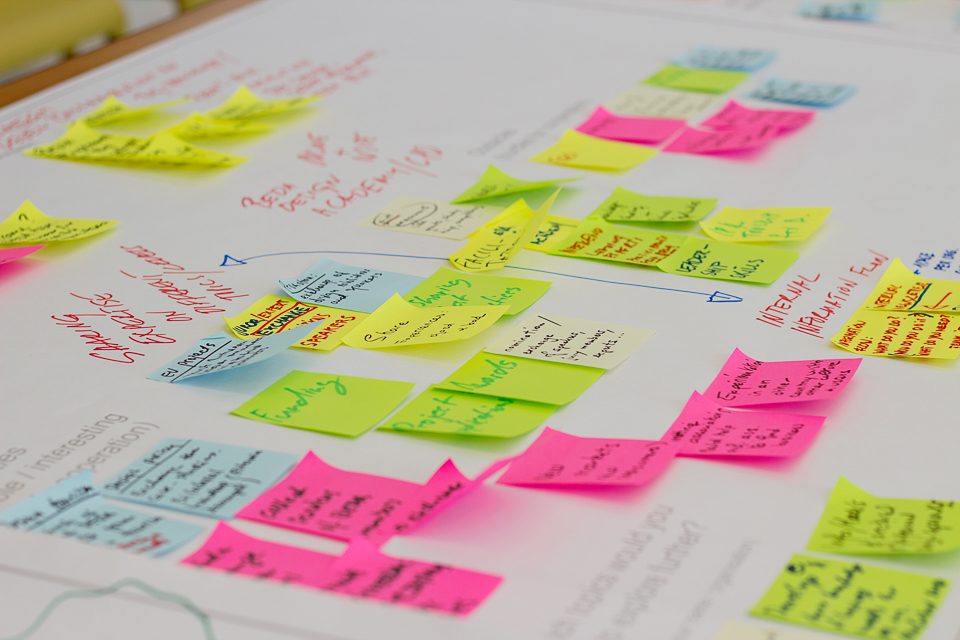The subsequent waves of the deadly global pandemic have had a massive impact on almost all aspects of our lives - from re-thinking our core values, to how we go about our daily activities. Through our project extension activities, we explore how design and innovation support from small business has evolved as a result of the crisis and how it can help our economies and societies to recover in a more sustainable, collaborative, inclusive and attractive way.
During the second workshop of the extra activities programme, Design4Innovation project partners discussed what new and emerging support needs they have observed among small businesses and how their regions reacted to those needs. We have shared examples of new programmes or adjustments to the existing ones to draw lessons, look at the trends and get inspired for how we can further improve design innovation ecosystems in our regions (you can find updated design ecosystem maps here). Among the presented programmes were new initiatives such as:
- Designing London's Recovery,
- Innovate UK EDGE 'Design for Growth',
- DeseñaPeme from Galicia,
- 'Inspired in Barcelona' platform, and,
- an innovative research/support project 'Design Customized Support for Innovative SMEs' (DCS-iSMEs) from Greece.
We also discussed what changes have been implemented to existing programmes to better respond to urgent business needs and limitations of pandemic restrictions. Many programmes, such as the Welsh Clwstwr had to adapt to a remote delivery mode or provide 'emergency' funding to help with the cash flow, like 'Elevate Greece'.
Based on those discussions we identified a number of needs that future support programmes for SMEs should address:
- help with green transition in term of products, services and business models;
- skills and capacity building for digital transformation;
- training & mentoring in being more agile, adaptive, being able to manage crisis situation and quickly respond to changing environment and supply chain disruptions;
- need for building cross-sectorial collaboration to encourage cross-pollination and strengthen local ecosystems.
Newly launched support programmes allowed us to detect new trends in providing support such as providing bespoke that combines funding with wrap-around advisory support through business advisors to guide business on the innovation journey and get the most out of the funding provided. Another trend is focusing on investing in strong, resilient ecosystems on a local level - creating clusters of expertise in specific sectors or supporting local placemaking, restoring local pride and investing in communities. There is also increasing role to play for academia, not only as provider of high-quality R&D and innovation or infrastructural support, but also as an independent broker of interdisciplinary collaborations.
Design plays a central role in both - becoming more sustainable, digital and collaborative; as well as developing new schemes and programmes that will best respond to SMEs' support needs. At the next workshop, project partners will delve deeper into how to address those new needs inspired by new good practices.
The meeting in Malta also provided a long-awaited opportunity for our partners to visit the site of the award-winning Valletta Design Cluster which has become one of our impact stories. To celebrate our project meeting, VDC organised a ‘Design Talk’ where professor Anna Whicher from PDR discussed with Joe Tanti (CEO of the Malta Business Bureau) what is service design and how it can help small businesses to reinvent their offer and business models. Following the talk, Design4Innovation partners and stakeholders had a chance to network with the Maltese creatives and businesses who collaborate thanks to the Cluster.
